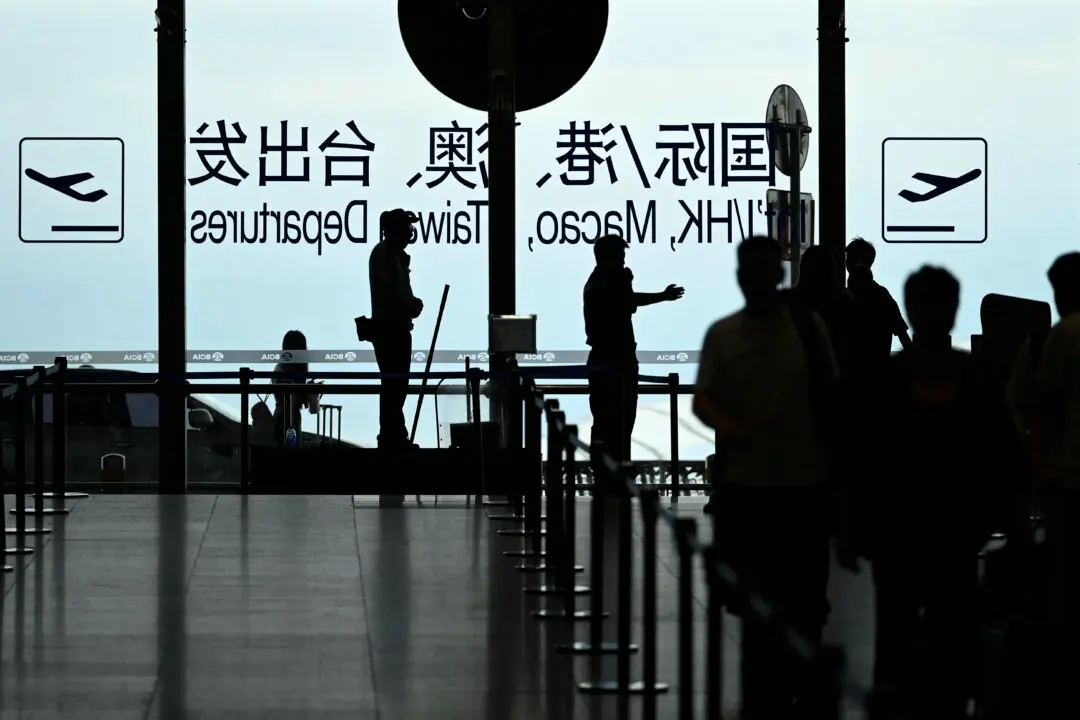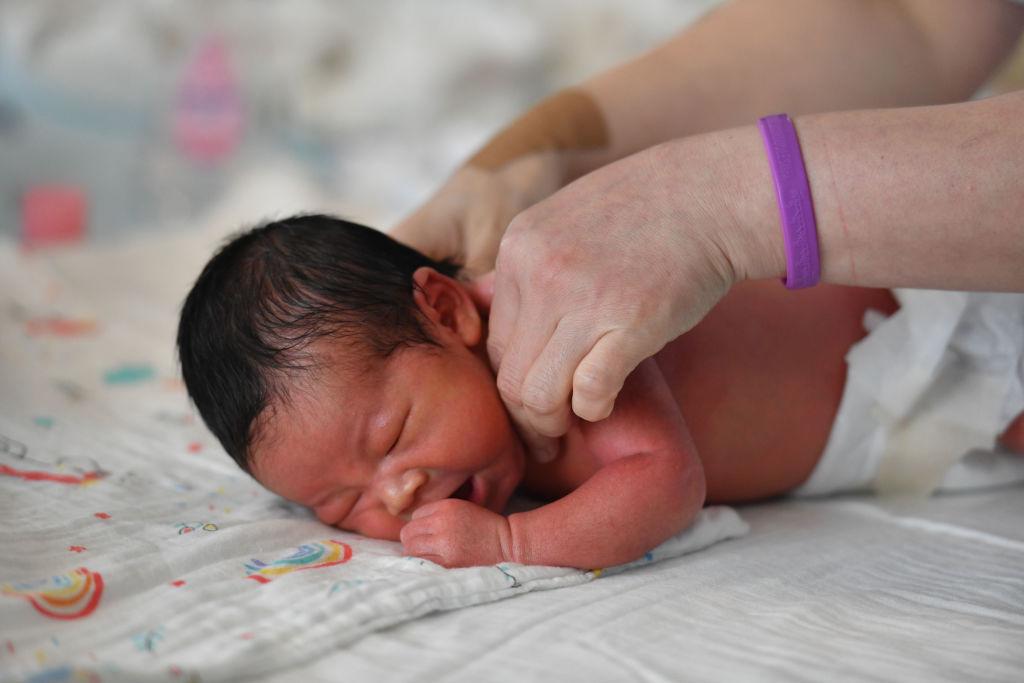The UK government’s vaccination advisory committee on Friday recommended against giving a fourth dose of CCP (Chinese Communist Party) virus vaccine to nursing home residents and people over 80.
The Joint Committee on Vaccination and Immunization (JCVI) said the three doses of the vaccines are still providing “very good protection against severe disease,” and an immediate second booster dose to the most vulnerable would “provide only limited additional benefit against severe disease at this time.”





